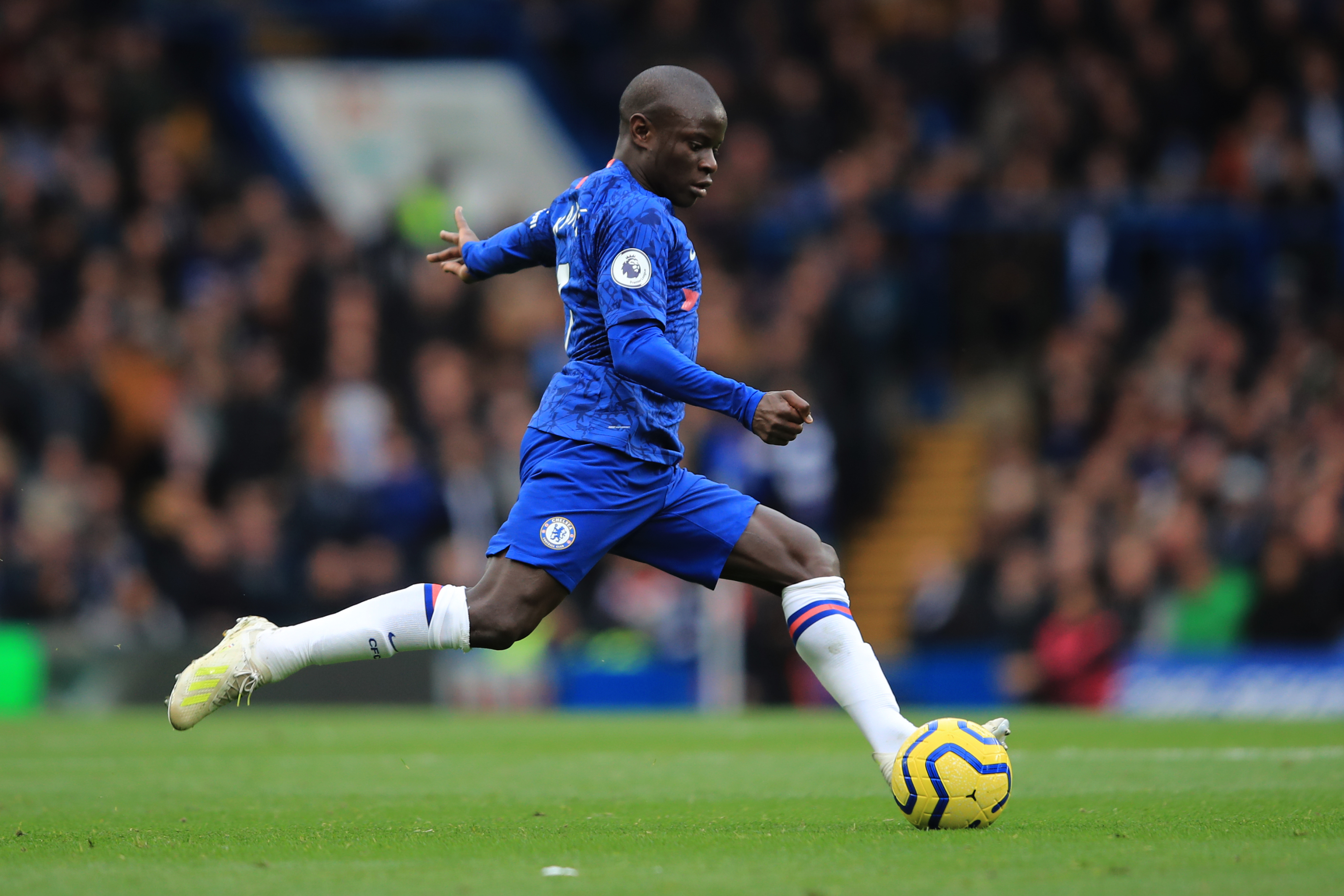Do you have a N’golo Kanté on your team? Find that gem

The shortest man on the pitch won more aerial headers than any of his team-mates.
N’golo Kanté, the one-man midfield dynamo, won the Uefa Champions League 2021 for his club, Chelsea FC. He was player-of-the-match in both semi-final legs and the final itself.
N’golo runs and runs and runs. He breaks up opponents’ play, and bursts through to the other side of the pitch to set up his team’s attacks. He does all this without seeming to break a sweat; his positioning, his timing and his movement often seem unreal. It’s like there are three of him on the field.
During the final, he won the most duels and made the most ball recoveries — without conceding a single foul.
He has won a World Cup (for France); two premier leagues (for Leicester City and Chelsea, in consecutive years); and now a Champions League. That puts him in super-elite company.
N’golo Kanté is the son of Malian immigrants, born in Paris. He played in the lower French leagues and worked his way steadily up, before being spotted by Leicester for his unreal numbers. The club won the premier league out of nowhere soon after signing him. They then lost him to Chelsea, who promptly won the title.
When rumours were flying that N’golo might be injured a week before last week’s Champions League final, I wrote off Chelsea in my mind. When he was confirmed in the starting lineup, I gave them the edge again. The man is invaluable, to any team. You simply do not get that sort of endeavour, energy, game intelligence and consistency many times in life.
Self-effacing and humble
Don’t get me wrong: football is a team sport. No one player can pull off a string of successes; there is always a competent group playing in harmony for that to happen. N’golo has had great players around him every time one of those trophies has been won. But — he makes a massive difference. Having him in your team as a deep-lying dynamo can feel akin to having an extra player.
Yet he is self-effacing and humble to a fault. He never gets the headlines, nor does he seek them. He doesn’t do eye-catching goals or game-saving tackles. He just gets on with his job, running and anticipating, running and anticipating. He is not a celebrity; he is not noted for his hairstyles or gear or off-pitch behaviour; and he has to be forced into team celebrations whenever a trophy is won.
My question this week: do you have any N’golo Kantés in your organisation, and do you appreciate them?
For some reason, we are attracted to flamboyance and charisma — even though that wins us very little. We appreciate the good-lookers, the smooth-talkers, the cool customers. We hire them, promote them, reward them.
Most of the time, these larger-than-life types bring only limited success to their employers. They don’t work hard (that’s for everyone else); they don’t play well with others; and they don’t stick around. They take credit, they seek the limelight, they lead the parties — and they shrivel when things get tough.
Hidden away
The Kantés, on the other hand, show up every day, rain or shine; they work hard in the good times and work harder in the tough times; they don’t highlight their moods or create vicissitudes. They are good at their work, sometimes outstandingly so, and they just get on with it.
I encounter people like these in many organisations, but often they are hidden away, unobserved and uncelebrated. Because they know nothing of organisational politics or self-promotion, their contributions stay hidden. Their true value becomes apparent only when they depart.
Your organisation is being carried not by those always smiling for the cameras, but by those actually doing the work, consistently and to a high standard. If you lead your people, you need to know who these hidden gems are, and what to do with them.
Great teamwork comes from diversity, so having a team only of Kantés should also not be the aim. A soccer team needs moments of creativity and of the unexpected. N’golo fits in well with the Pogbas and Mbappés of France, because he feeds and unleashes them.
Similarly, for an organisation to continue to thrive in the future, you will need more than just efficiency and hard work to get you there — you will also need imagination and risk-taking.
The point is the balance. A good leader understands the contributions of different types of talent; helps to blend and harmonise them; and rewards them equitably, with an eye on the long term. Is that you?





